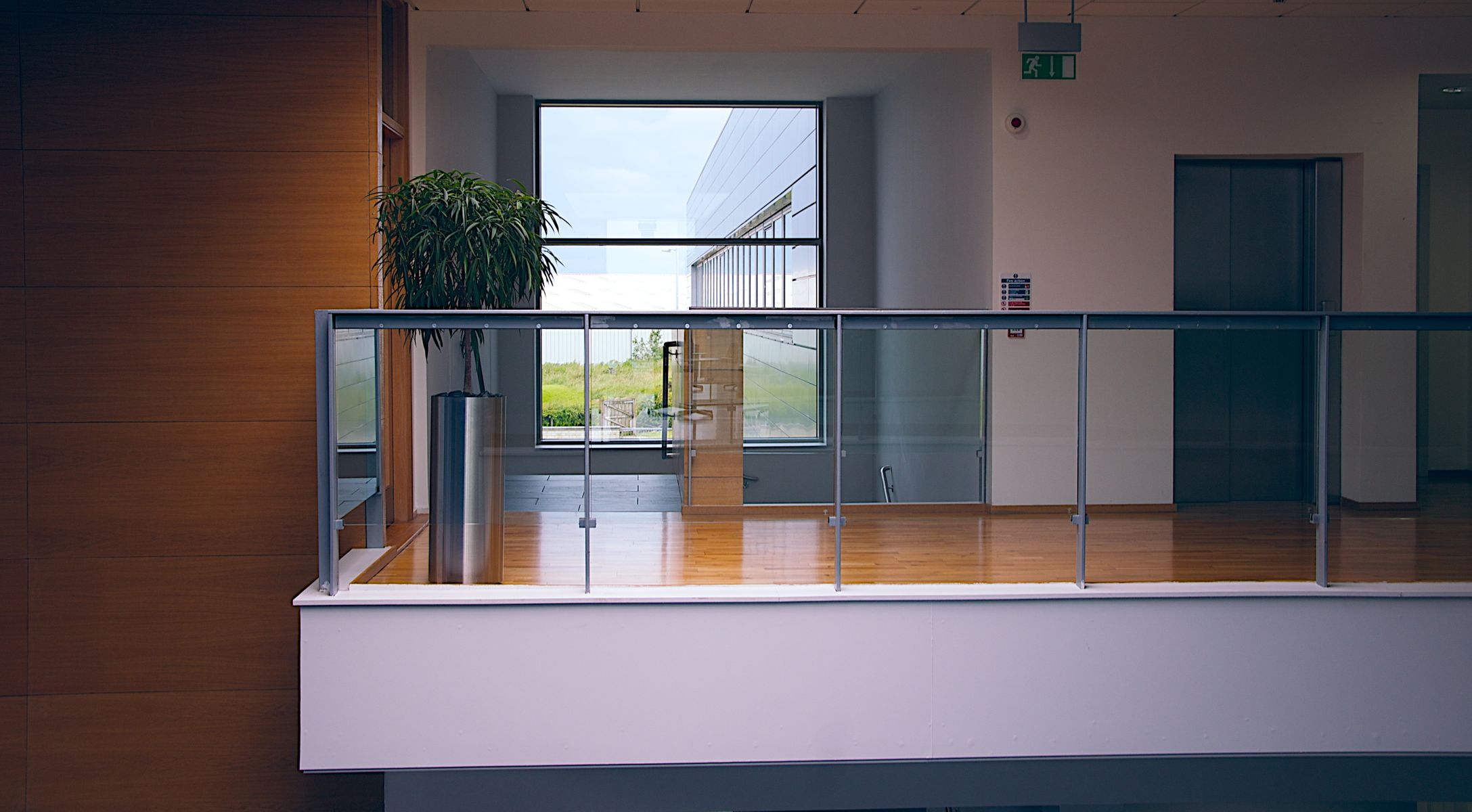Nationally rents were up half a percent in January, taking the annual change in rental rates to 1.3%. Rental growth generally remains weak across most markets, however, the recent trend has been towards a subtle rise in rental appreciation. A year ago, the national rental index was rising at an annual rate of just 0.4%, according to CoreLogic.
The improvement in rental rates can be attributed to a tightening in rental supply. Housing finance data shows investor participation in the housing market is near record lows and new supply additions are tapering.
Hobart remains the tightest rental market, with rents up 5.8% over the past twelve months, followed by Adelaide (+2.0%) and Perth (+1.9%), while rents are still trending lower on an annual basis in Darwin (-1.9%) and Sydney (-0.6%).
Home values rising faster than rental rates
With housing values rising more rapidly than rental rates, gross rental yields are swiftly compressing. Across the combined capital cities, the gross yield was tracking at 3.50% in January; the lowest yield reading since March 2018 and only eleven basis points away from record lows.
Darwin leads rental yields
Gross rental yields in Sydney, where housing values have surged higher against a backdrop of falling rents, remain at record lows, tracking at just 3.0% in January. Higher rental yields can be found in cities where rental conditions have been stronger relative to housing values.
Despite overall weak housing market conditions, Darwin gross rental yields are the highest of any capital city at 5.8%, which is a reflection of housing values falling more than rental rates. The healthiest yield dynamic is in Hobart where overall tight housing conditions have pushed gross rental yields to 5.0%, providing a total return (gross yield plus annual capital gain) of 10.5%.
Mortgage rates follow yields downwards
Although gross rental yields are trending lower, so too are mortgage rates. At the end of December, the average three-year fixed rate for an investor mortgage was 3.48%. This is still slightly lower than capital city gross rental yields, implying that more properties will be showing a positive cash flow for investors, and paying off a mortgage may be more affordable than paying rent in many areas.
According to CoreLogic’s Tim Lawless, interest rates are expected to see further reductions, which, along with consistently strong population growth, is likely to continue to support housing demand.
‘From a supply perspective, new housing construction remains in decline, despite the uplift in dwelling approvals over the past few months. This may lead to undersupply pressures across the new housing sector later this year, providing support for housing prices through the year’ he said.
National values 6.7% above floor
Since the June market floor last year, housing values have recovered a significant 6.7% - 2.2% below the October 2017 peak.





